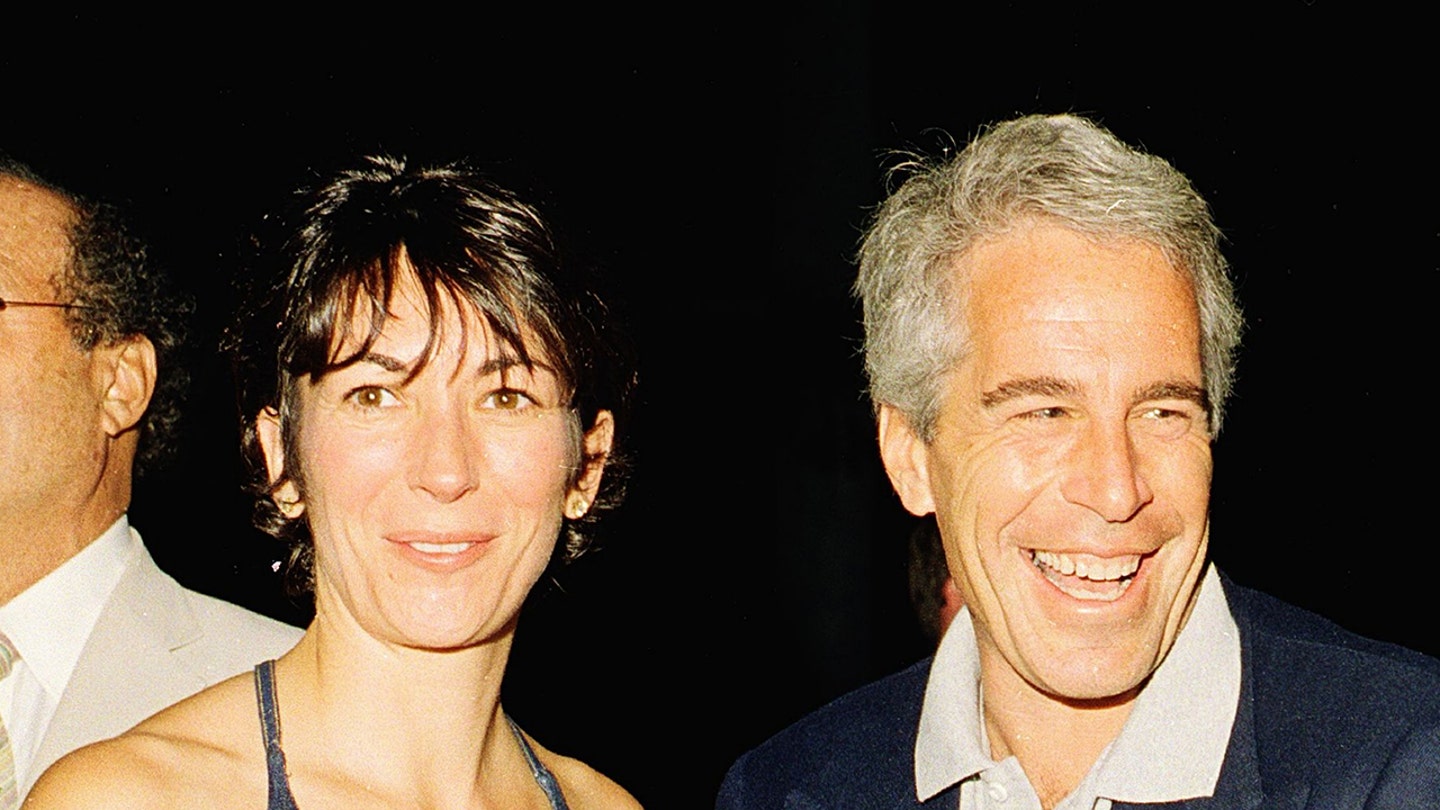
Former Prince Andrew
Entities mentioned:
- King Charles III: Duty, Legacy, Self-preservation
- Prince Andrew: Self-preservation, Pride, Fear
- Jeffrey Epstein: Power, Control, Greed
- Virginia Giuffre: Justice, Moral outrage, Recognition
Article Assessment:
Credibility Score: 75/100
Bias Rating: 55/100 (Center)
Sentiment Score: 30/100
Authoritarianism Risk: 35/100 (Generally Democratic)
Bias Analysis:
The article presents a relatively balanced view of the situation, including perspectives from multiple sides. However, there's a slight lean towards criticizing Prince Andrew and supporting the monarchy's decision.
Key metric: Public Trust in Monarchy
Let me tell you something - this is a GAME-CHANGING play by King Charles III! The monarchy's star player has just benched his own brother in a stunning fourth-quarter move. Prince Andrew, once a key player on the royal roster, has been stripped of his jersey and sent to the locker room. This is the kind of decisive coaching we've been waiting for, folks! The pressure's been mounting like it's the final seconds of a championship game, and King Charles has finally called the play. He's showing us a championship mentality, willing to cut even family ties to protect the team's reputation. Prince Andrew's connection to Epstein was like a career-ending injury, and now he's been put on the injured reserve list - PERMANENTLY. Virginia Giuffre's memoir is the ultimate game tape, exposing the royal family's weaknesses. This is a crucial defensive strategy for the monarchy, but will it be enough to win back the fans? I'm telling you right now, this is going to be a defining moment in the legacy of the British royal family!
- Read more about Former Prince Andrew
- Log in to post comments

10 key takeaways from DOJ’s release of Ghislaine Maxwell's Epstein interviews
Entities mentioned:
- Ghislaine Maxwell: Self-preservation, Loyalty, Influence
- Jeffrey Epstein: Power, Control, Greed
- Department of Justice: Justice, Duty, Transparency
- Donald Trump: Power, Influence, Self-preservation
- Bill Clinton: Influence, Legacy, Self-preservation
- Prince Andrew: Self-preservation, Pride, Influence
- Virginia Giuffre: Justice, Recognition, Moral outrage
Article Assessment:
Credibility Score: 65/100
Bias Rating: 55/100 (Center)
Sentiment Score: 30/100
Authoritarianism Risk: 35/100 (Generally Democratic)
Bias Analysis:
The article presents multiple perspectives and quotes directly from the interviews, showing an attempt at balance. However, the selection of 'top takeaways' may reflect some editorial bias in highlighting certain aspects over others.
Key metric: Public Trust in Institutions
As a social scientist, I analyze that this article's release of Ghislaine Maxwell's interviews significantly impacts public trust in institutions. The revelations about high-profile individuals and alleged cover-ups may erode confidence in political, legal, and social elite circles. Maxwell's claims, while potentially self-serving, shed light on a complex network of relationships and activities that intersect with powerful institutions. This could lead to increased public skepticism and demands for accountability, potentially affecting how citizens view and interact with various governmental and social institutions.

In the Epstein scandal, like other Washington storms, the victims are an afterthought
Entities mentioned:
- Virginia Giuffre: Justice, Self-preservation, Recognition
- Jeffrey Epstein: Power, Control, Greed
- Ghislaine Maxwell: Power, Greed, Control
- Donald Trump: Self-preservation, Power, Control
- Prince Andrew: Self-preservation, Reputation, Denial
- Randee Kogan: Professional pride, Duty, Empathy
- Todd Blanche: Duty, Professional pride, Loyalty
Article Assessment:
Credibility Score: 75/100
Bias Rating: 40/100 (Lean Left)
Sentiment Score: 25/100
Authoritarianism Risk: 30/100 (Generally Democratic)
Bias Analysis:
The article leans slightly left, critiquing Trump and right-wing conspiracy theories more than other political actors. However, it maintains a focus on victims and includes multiple perspectives, balancing its overall presentation.
Key metric: Public Trust in Government Institutions
As a social scientist, I analyze that this article highlights the complex interplay between political power, media coverage, and the impact on victims in high-profile scandals. The Epstein case and its connections to influential figures like Trump and Prince Andrew demonstrate how victims' experiences can be overshadowed by political maneuvering and media sensationalism. This dynamic erodes public trust in government institutions, as it suggests that powerful individuals may escape scrutiny or consequences for their actions. The article's focus on the re-traumatization of victims and the dehumanizing effect of media coverage points to systemic issues in how society handles such cases, potentially leading to decreased faith in the justice system and political leadership.